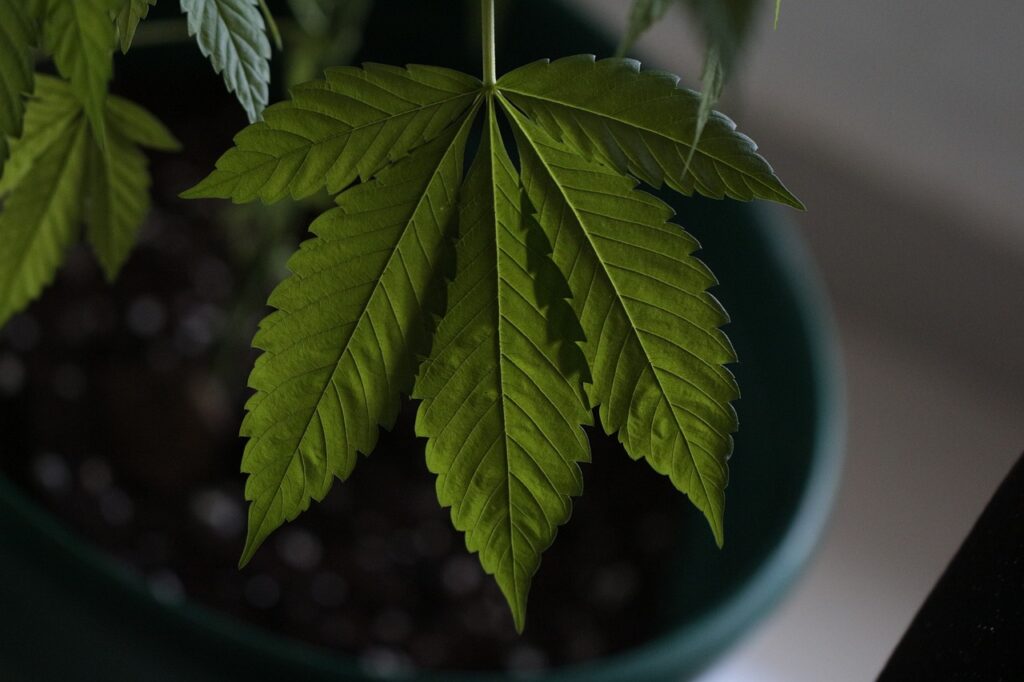
The push for marijuana legalization in New Hampshire has been a hot topic, with public opinion largely in favor but legislative efforts hitting numerous roadblocks. Despite significant support among residents, achieving a legislative consensus has proven challenging. This blog delves into the complexities of marijuana legalization in New Hampshire, examining recent polls, legislative efforts, and the political landscape that shapes this ongoing debate.
Public Support for Marijuana Legalization
Recent polling data from the University of New Hampshire’s States of Opinion Project underscores the robust support for marijuana legalization among New Hampshire residents. The data reveals that:
- Overall Support: 65% of residents support legalizing marijuana for recreational use.
- Decline Since May 2023: Support has fallen from 72% to 65%, driven primarily by a decrease among independents (-12 percentage points) and Republicans (-8).
- Ideological Breakdown: High support among socialists (97%), progressives (95%), libertarians (76%), liberals (72%), and moderates (66%). Conservatives show lower support at 41%.
Despite this strong public backing, legislative efforts have faced significant hurdles.
Legislative Efforts and Challenges
State Commission on Legalization
To address the issue of legalization, a state commission was established to study the matter and propose a path forward. However, the commission failed to reach a consensus or propose final legislation, reflecting the complexities and diverse viewpoints among lawmakers.
House Bill 639 (HB 639)
HB 639, a more conventional legalization bill with bipartisan support, was passed by the House but subsequently defeated by the Senate last year. This defeat highlights the challenges in securing Senate approval, even for bills with broad support.
Marijuana Legalization in Medicaid Expansion Bill
Last May, an attempt to pass marijuana legalization language included in a Medicaid expansion bill was defeated by the House. This strategy of integrating legalization into broader legislative measures faced resistance, suggesting that standalone bills might have a clearer, though still challenging, path to success.
Patient and Caregiver Cultivation Bill
Another piece of legislation aimed at allowing patients and designated caregivers to cultivate up to three mature plants, three immature plants, and 12 seedlings for personal therapeutic use was tabled by the Senate. This bill’s tabling reflects the Senate’s cautious approach to marijuana-related legislation.
Poll on HB 1633: Public Opinion on Specific Legislation
A recent poll focusing on HB 1633, a specific cannabis legalization bill, shows that 61% of respondents support the legislation. The bill had strong backing from Democrats and independents but was favored by a minority of Republicans. Key findings include:
- Democrats: 72% support HB 1633.
- Independents: 70% support HB 1633.
- Republicans: 47% support, while 38% oppose HB 1633.
- Awareness: Only 16% of residents were well-informed about the bill’s details, with 45% having some knowledge, 28% having little, and 10% having none.
Among those opposed to HB 1633:
- 75% do not want to legalize recreational marijuana use at all.
- 19% prefer to legalize marijuana in another way.
- 6% are unsure or undecided.
Analysis of Legislative Hurdles
Lack of Consensus
The failure of the state commission to reach a consensus on marijuana legalization highlights the complexity of the issue. Diverse viewpoints among lawmakers contribute to the difficulty in formulating a unified approach.
Senate Opposition
The repeated defeat of marijuana-related bills in the Senate indicates significant resistance within this legislative chamber, despite bipartisan support in the House. This resistance poses a major hurdle to legalization efforts.
Integration with Other Legislation
Attempts to pass marijuana legalization by including it in broader legislative measures, such as the Medicaid expansion bill, have not succeeded. This suggests that standalone bills, while still challenging, might face fewer complications and a clearer path to consideration.
Strategic Implications
Targeted Advocacy
Efforts to educate and persuade Senate members are critical, given the public’s majority support and the bipartisan backing in the House. Advocacy focused on addressing the concerns of Senate opponents could be key to advancing legalization.
Focused Legislation
Future legislative efforts might benefit from being standalone measures. Avoiding the complications of integrating legalization into broader bills could simplify the legislative process and reduce resistance.
Public Awareness and Support
Increasing public awareness about the specifics of proposed bills and the benefits of legalization could help build stronger grassroots support. A well-informed public can exert greater pressure on lawmakers to align legislative action with public opinion.
Conclusion
The journey towards marijuana legalization in New Hampshire is marked by significant public support but numerous legislative setbacks. To overcome these challenges, a strategic approach focused on Senate advocacy, standalone legislation, and heightened public awareness is essential. Continued bipartisan efforts and addressing the concerns of opponents may pave the way for future success.
If you’re looking for a cannabis store near Warner Robins and Macon, GA, stop by Rowe’s Dispensary in Macon or Warner Robins for the best cannabis in town.
